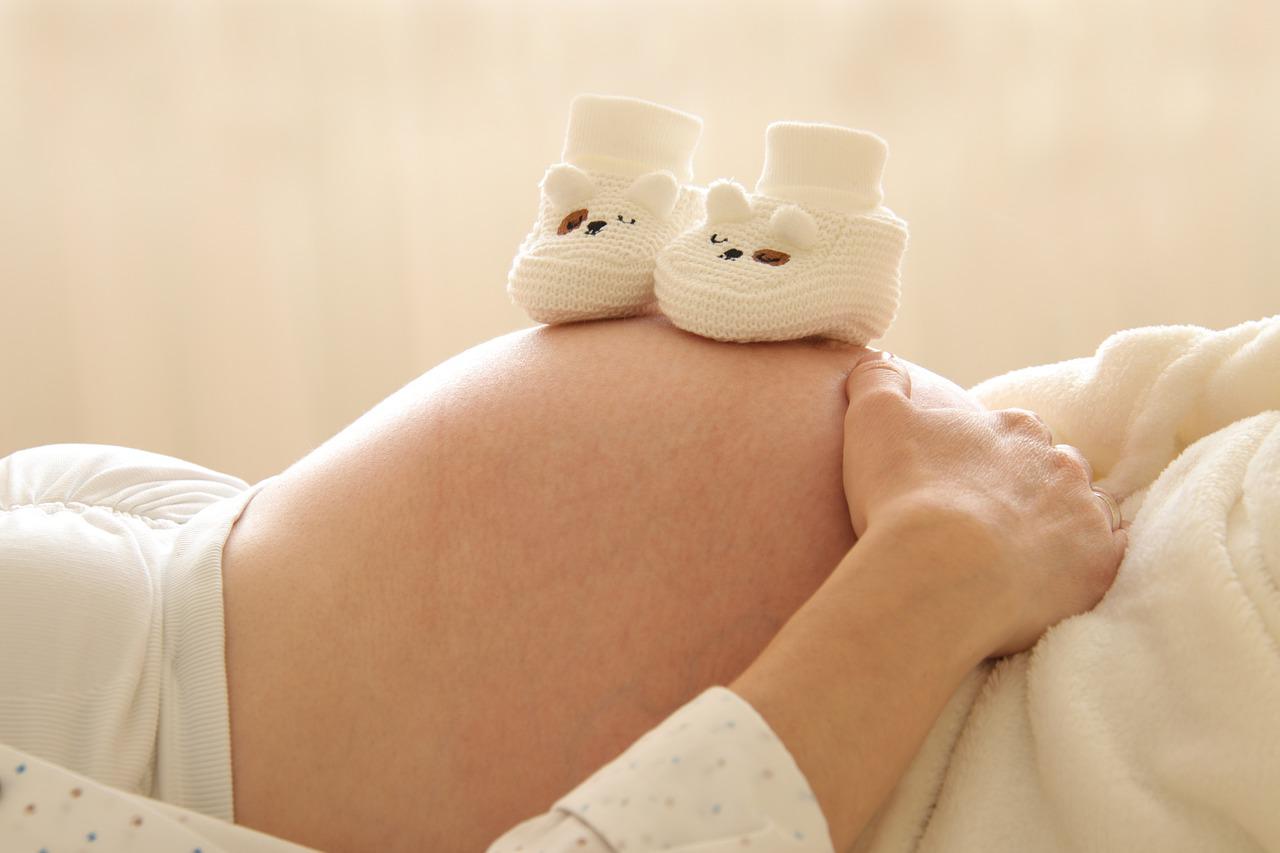
👶 New model gives pregnant women a more accurate date of birth
A more accurate forecast for when a child will be born provides more security for mothers and can help maternity care better plan for staffing needs.
Share this story!
Knowing exactly when a child is due is important both for the mother-to-be and the maternity clinic. But the models used to predict when birth will occur are not always so accurate. Especially for first-time mothers, it often goes wrong as they many times are past due.
That was something that Mikael Elinder, docent in national economics at Uppsala University, started thinking about when he was going to become a father.
"If you're a bit interested in statistics like I am, you wonder what the date is based on. Is it an average value? Is it as likely to be born earlier as later? I got very frustrated and thought that you should be able to find out as a parent." says Mikael Elinder.
Together with another researcher in economics, Oscar Erixson, Mikael Elinder collected data from 1.7 million Swedish pregnancies. They looked at how factors such as the mother's age, height, and whether it was the first or second child affected the length of pregnancy.
"What you could see was that in nine cases out of ten there was another delivery date that was more likely than the day given at the ultrasound." says Mikael Elinder.
The researchers then decided to see if they could come up with a model that could give a more likely due date. The result was a model that can now create individual-based forecasts that match better than the predictions that maternity care can give pregnant women today.
"What we do is we look at a combination of factors, for example, if it is a first-time mother, if it is a male fetus, if the woman is young, if she has a low BMI, and if she is a smoker. The model then calculates an individual date when the child is most likely to be born." says Mikael Elinder.
One advantage of having a better idea of when the baby will arrive is that pregnant women feel calmer from having better information. Above all, this applies to those who received a different date from the model than what they were given by the ultrasound at maternity care.
"A lot of the feedback we received was that they felt more secure when they didn't fixate on a date. When the first date had passed, it didn't feel like they were overdue." says Mikael Elinder.
In addition to the fact that a more precise date can make expectant mothers feel calmer, it can also help maternity care calculate how much staffing is required at different times.
Since October last year, pregnant women can now use the model themselves by going to the site, Pregspect, which the researchers put up. So far, 18,000 pregnant women have used the service and the researchers now plan to launch the site internationally as well.
The model cannot guarantee an absolutely precise date of birth, but the researchers believe that it is still valuable to get a forecast that is more accurate than any other method.
“No one wants to use the second best weather app or the second best voter barometer. We imagine it's the same for expectant parents, why should you only rely on the date you get at the ultrasound when there is a model that is more cutting-edge?" says Mikael Elinder.
By becoming a premium supporter, you help in the creation and sharing of fact-based optimistic news all over the world.


